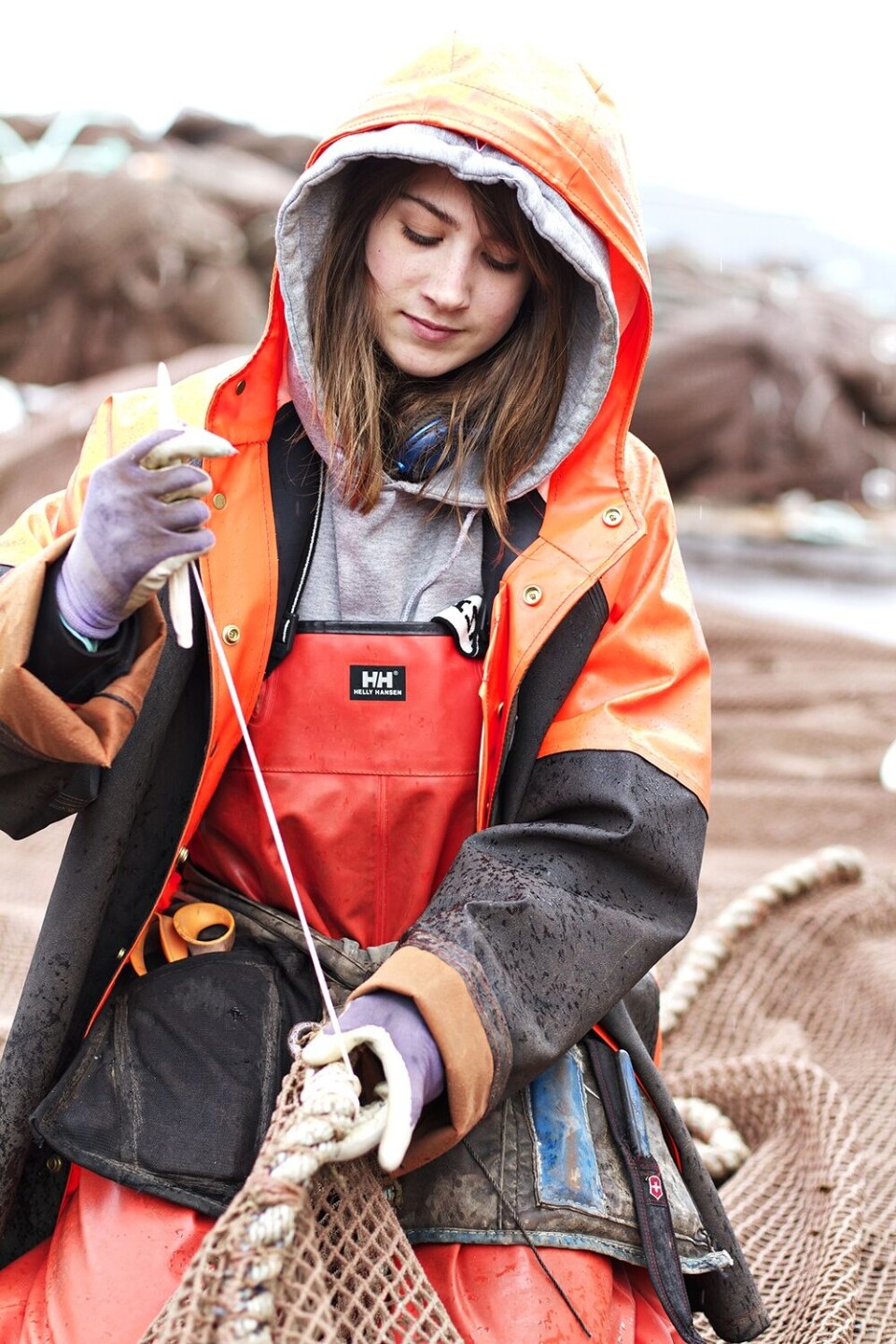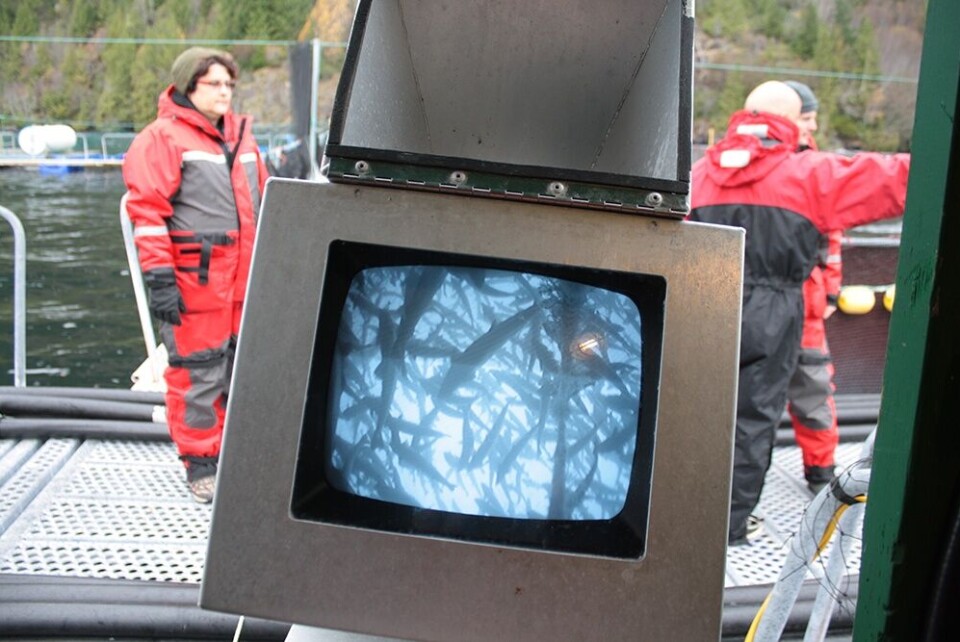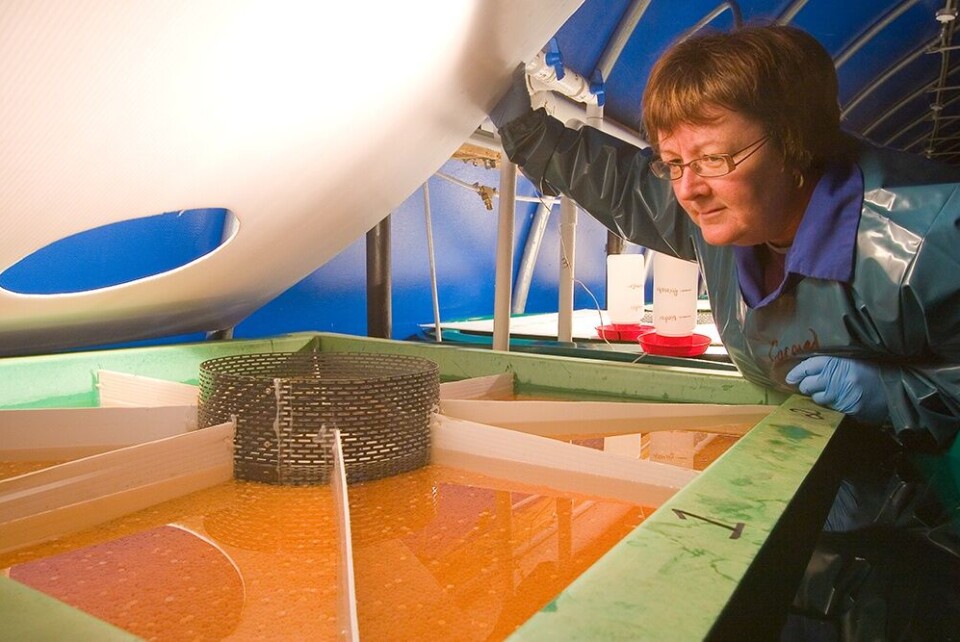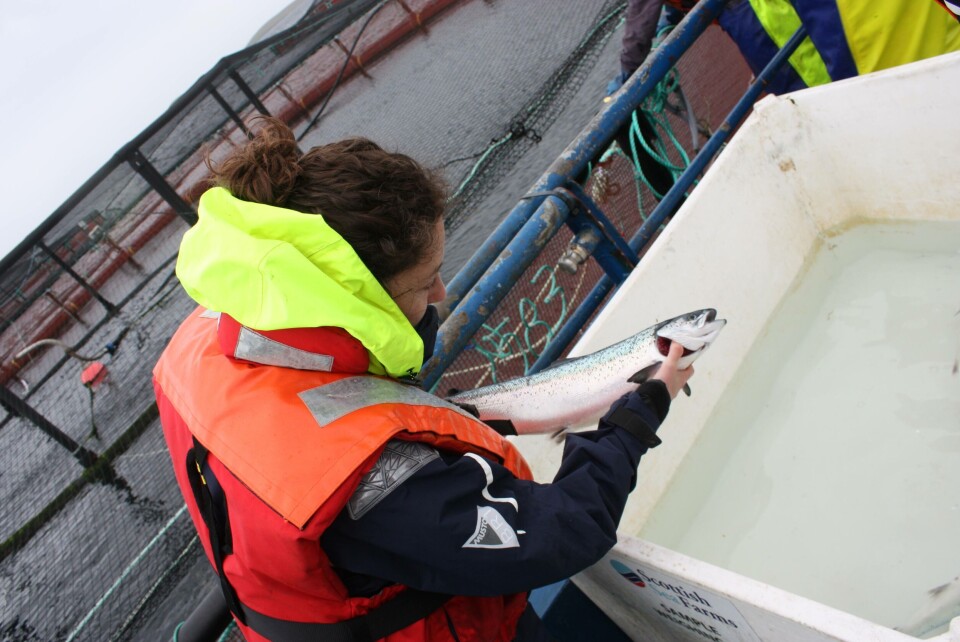
Pioneering salmon projects win funding
Three studies viewed as crucial to the marine ecosystem on the Canadian state’s Pacific coast have received backing from the British Columbia Salmon Farmers Association.
Funding of £100,000 was awarded as part of the BCSFA Science Advisory Council's Marine Environmental Research Program, which has assisted nine research projects with almost £360,000 of support in total.
Six of those projects will be ongoing in 2017/18, which will see BCSFA and its member companies collaborating with 15 organisations and 26 researchers on areas such as developing a Pacific cleaner fish for sea lice management, revolutionary acoustic tagging of migrating salmon smolts, and investigating pathogens that may be affecting wild or farm-raised salmon.
Jeremy Dunn, BCFSA executive director, said: “The BCSFA Science Advisory Council has facilitated a number of important research collaborations that are starting to provide great insight into our local ocean environment, wild salmon, and furthering sustainable innovations in aquaculture. Salmon aquaculture has always been an industry that values quality science done in an objective and transparent manner.”
The three projects in line for new funding are:

Spatial and temporal patterns of sea lice infestations on wild and farm-raised salmon on the BC coast.
Collaborators: University of Prince Edward Island/Atlantic Veterinary College and University of St Andrews
Research Outline: Researchers at the University of Prince Edward Island have integrated data from several monitoring programs across the BC coast over a 16-year period (2001 – 2016) into a single dataset – the largest of its kind in the world. These data have been collected from over 300 locations covering around 12 regions along the BC coast, involving approximately one million fish captured; a quarter of which have been assessed for sea lice details. The analysis of these data should provide an integrated picture of sea lice infestation patterns on wild salmon populations in BC and may also provide for a better understanding of sea lice exchanges between farmed and wild salmon populations, in both directions.

Isolation of Aeromonas salmonicida and Piscirikettsia salmonis from farmed and wild salmonids in BC to support diagnostic test evaluation and epidemiological studies.
Collaborators: BC Centre for Aquatic Health Sciences, Fisheries and Oceans Canada, Elanco
Research Outline: With the further advancement in technology and understanding of the genomics of Atlantic salmon and pathogens that affect them, scientists are able to develop diagnostic tools at a finer scale than ever before. This is an important project to understand the genomics of pathogens endemic to British Columbia that are having an effect on farm-raised salmon. The genomic data for these pathogens will inform the development of vaccine and treatment methods, as well as enable the identification of previously unrecognized genomic features such as plasmids in BC isolates. The research team will develop specific diagnostic assays to detect the pathogens in samples of fish and later environment. In this way, mitigation strategies that include reducing therapeutant use, siting, migratory passage timing and pathogen flow can be developed.
Investigations into implementing the use of kelp perch and pile perch as sea lice cleaner fish for farmed Atlantic salmon
Collaborators: BC Centre for Aquatic Health Sciences, Vancouver Aquarium Marine Science Centre, Cermaq Canada, Grieg Seafood BC, Marine Harvest Canada, Sea Pact
Research Outline: Salmon farmers around the world are working to develop non-chemical based treatments for managing sea lice. The copepods – which are found naturally in the ocean – parasitize both farmed and wild fish populations. New research started at the Vancouver Aquarium Marine Science Centre suggests that local BC perch species are effective in picking sea lice from salmon. The use of one kind of fish to “clean” another is a proven method of managing sea lice in salmon culture in Norway and Scotland, however this research is the first on fish native to BC waters. Several preliminary trials determined that both kelp perch and pile perch will clean sea lice off experimentally infested salmon. Researchers looked at differences in cleaning activity between the two species of perch and in different sizes of the perch, and at cleaning preferences in terms of sea lice life history, location of sea lice on salmon, and behaviour of cleaning in the lab.
























































